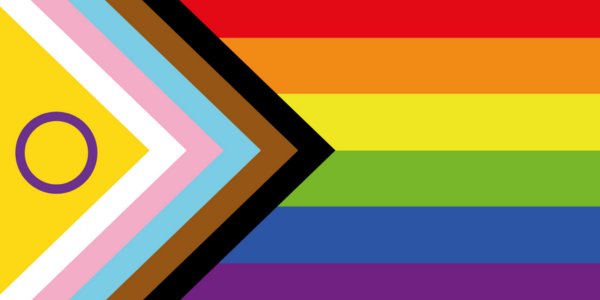LGBTQIA
LGBTQIA: Beyond the Acronym
What LGBTQIA Really Represents
LGBTQIA is more than just an acronym — it’s a diverse and inclusive umbrella term for a wide spectrum of gender identities and sexual orientations. Each letter carries meaning:
-
L: Lesbian
-
G: Gay
-
B: Bisexual
-
T: Transgender
-
Q: Queer or Questioning
-
I: Intersex
-
A: Asexual, Aromantic, or Agender
This terminology is used to foster visibility, affirm identity, and challenge binary thinking in both sexuality and gender. It’s not static — the acronym has expanded over time to reflect more voices and experiences within the queer community.
Identity, Not Just Labels
While LGBTQIA may seem like a collection of letters, it represents real people navigating real-life experiences. It allows individuals to find belonging, whether they identify with a single category or multiple. Some reject labels altogether, while others embrace them for affirmation and community.
Language evolves. And in conversations around gender and sexuality, using inclusive terms respects personal identity and acknowledges difference. Not everyone’s experience fits neatly into predefined boxes — and that’s exactly the point.
In cultural and legal contexts, LGBTQIA rights often intersect with discussions about marriage equality, healthcare access, discrimination protections, and representation in media. Recognizing the acronym means recognizing these ongoing efforts for equality.
FAQ
What does the "Q" stand for in LGBTQIA?
“Q” can refer to Queer—an umbrella term for non-heterosexual orientations—or Questioning, for individuals still exploring their identity.
Why is it important to use the full acronym LGBTQIA?
Using the full acronym helps affirm all parts of the community, especially those often left out or misunderstood. It promotes inclusion and visibility.
What’s the difference between intersex and transgender?
Intersex refers to physical sex traits that don't fit typical male or female categories. Transgender relates to gender identity differing from assigned sex.
Is it offensive to say queer?
Context matters. While historically used as a slur, many now reclaim “queer” as a proud, inclusive term. Still, not everyone is comfortable with it.
How can allies support the LGBTQIA community?
Listen, use correct pronouns, speak up against discrimination, and amplify LGBTQIA voices. Support also means continuous learning and unlearning.
















